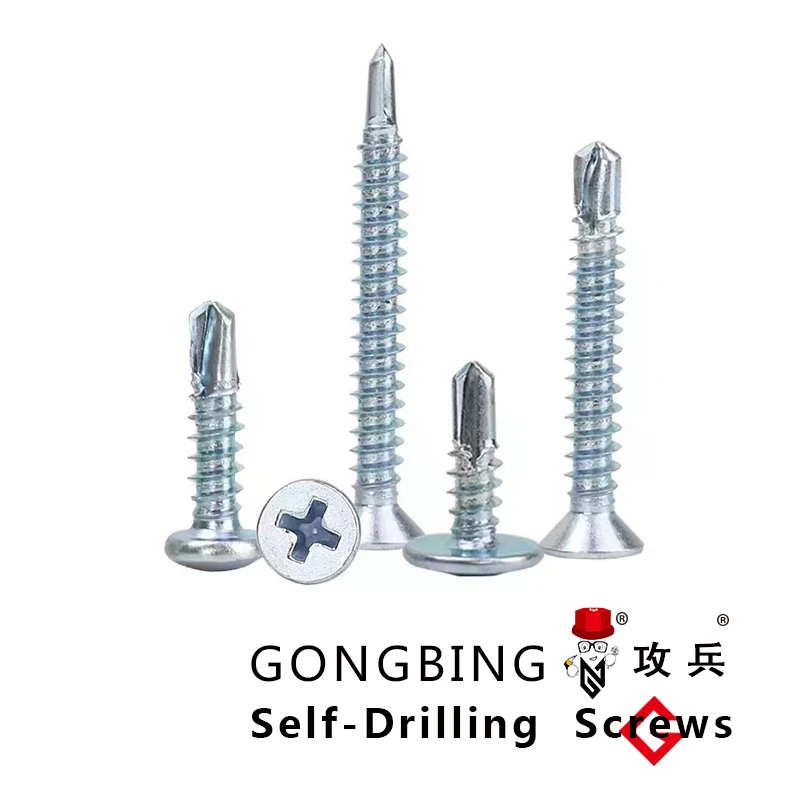foundation fasteners
Understanding Foundation Fasteners Importance and Types
In the realm of construction and civil engineering, the integrity of structures largely depends on the quality of materials used and their proper installation. Among these materials, foundation fasteners play a crucial role in ensuring that buildings and infrastructures remain stable over time. Foundation fasteners are essential components that secure structural elements to their foundations, preventing shifts and maintaining overall structural integrity. In this article, we will dive into the importance of foundation fasteners and explore the various types available in the market today.
The Importance of Foundation Fasteners
Foundation fasteners are vital for a multitude of reasons. Firstly, they provide stability to a structure, allowing it to withstand external forces such as wind, earthquakes, and the weight of the building itself. By anchoring walls, roofs, and other structural components, foundation fasteners help distribute loads evenly across the foundation, reducing the risk of structural failure.
Secondly, foundation fasteners also play a key role in resisting environmental factors. In areas prone to soil movement or seismic activity, foundation fasteners can significantly mitigate the risk of damage. They ensure that the framework remains intact, allowing buildings to endure natural forces that may threaten their stability.
Lastly, foundation fasteners are essential for compliance with building codes and safety regulations
. Most areas have strict guidelines that dictate how structures should be anchored to ensure safety and longevity. By using the appropriate fasteners, builders can ensure that their constructions meet these requirements, thus safeguarding occupants and property.Types of Foundation Fasteners
Foundation fasteners come in various types, each designed for specific applications and environmental conditions. Understanding these different types can help engineers and construction professionals select the right fasteners for their projects.
foundation fasteners

1. Anchor Bolts These are perhaps the most common type of foundation fasteners. Anchor bolts are used to connect structural elements to the foundation. They are typically embedded in concrete and can be either cast-in-place or drilled and grouted into existing concrete. Their design allows for significant load-bearing capacity, making them ideal for tall buildings and structures subjected to high winds.
2. Helical Piers Often used in situations where soil conditions are questionable, helical piers are twisted into the ground to provide anchorage for foundations. They are particularly useful in unstable soil conditions, helping to prevent settling and movement.
3. Tension Rods These fasteners are employed to provide tensile strength to a structure, often used in roof trusses and bracing systems. They help maintain structural integrity by resisting tensile forces that can pull a structure apart.
4. Rebar and Mesh Reinforcements While not fasteners in the traditional sense, rebar and wire mesh serve as critical components of concrete foundations. These reinforcements help to control cracking and increase the strength of concrete structures, working in tandem with other foundation fasteners.
5. Screw Piles Similar to helical piers, screw piles are also used for deep foundations. They consist of a steel shaft with helical plates that are screwed into the ground. Their installation is quicker and less disruptive, making them a popular choice for many construction projects.
Conclusion
In summary, foundation fasteners are indispensable in modern construction, ensuring the safety and longevity of structures across diverse environments. Their importance cannot be overstated, as they provide the necessary stability and strength to withstand both natural and man-made forces. By understanding the different types of foundation fasteners available, construction professionals can make informed decisions that contribute to the success and durability of their projects. As building methods and materials continue to evolve, the role of foundation fasteners will remain pivotal in maintaining the safety and integrity of our built environment.
-
Wedge Anchor Bolts: Secure Fastening SolutionsNEWSAug.05,2025
-
Insulation Fixings: Secure and Durable SolutionsNEWSAug.05,2025
-
Full Threaded Studs: Versatile Fastening SolutionsNEWSAug.05,2025
-
Expanding Fasteners: Secure and Reliable SolutionsNEWSAug.05,2025
-
Butterfly Toggle Anchors: Secure and Easy to UseNEWSAug.05,2025
-
Bracing Solutions for Steel StructuresNEWSAug.05,2025
